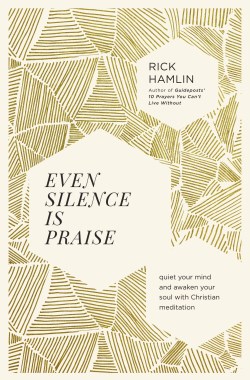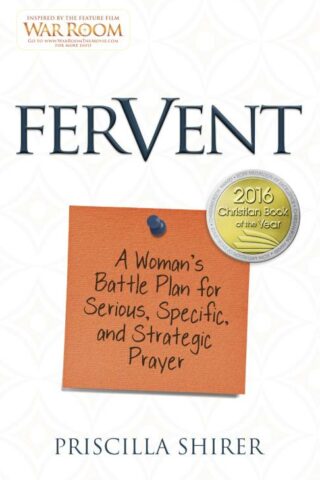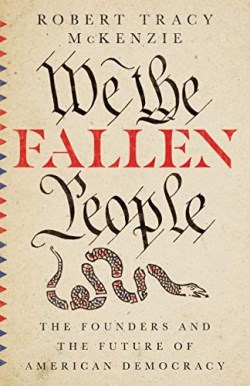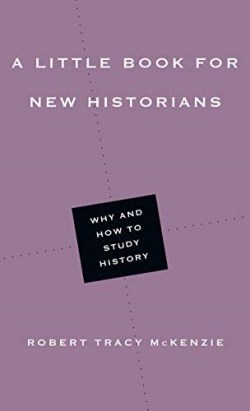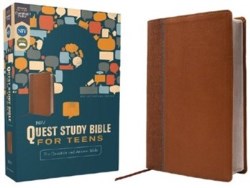Robert McKenzie
Showing all 2 resultsSorted by latest
-
We The Fallen People
$32.99The success and survival of American democracy have never been guaranteed.
Political polarization, presidential eccentricities, the trustworthiness of government, and the prejudices of the voting majority have waxed and waned ever since the time of the Founders, and there are no fail-safe solutions to secure the benefits of a democratic future. What we must do, argues the historian Robert Tracy McKenzie, is take an unflinching look at the very nature of democracy–its strengths and weaknesses, what it can promise, and where it overreaches. And this means we must take an unflinching look at ourselves. We the Fallen People presents a close look at the ideas of human nature to be found in the history of American democratic thought, from the nation’s Founders through the Jacksonian Era and Alexis de Tocqueville. McKenzie, following C. S. Lewis, claims there are only two reasons to believe in majority rule: because we have confidence in human nature–or because we don’t. The Founders subscribed to the biblical principle that humans are fallen and their virtue is always doubtful, and they wrote the US Constitution to frame a republic intended to handle our weaknesses. But by the presidency of Andrew Jackson, contrary ideas about humanity’s inherent goodness were already taking deep root among Americans, bearing fruit in such perils as we now face for the future of democracy. Focusing on the careful reasoning of the Founders, the seismic shifts of the Jacksonian Era, and the often misunderstood but still piercing analysis of Tocqueville’s Democracy in America, McKenzie guides us in a conversation with the past that can help us see the present–and ourselves–with new insight.
Add to cartin stock within 3-5 days of online purchase
-
Little Book For New Historians
$16.99Many people think of history as merely “the past”-or at most, information about the past. But the real work of a historian is to listen to the voices of those who have gone before and humbly remember the flesh and blood on the other side of the evidence. What is their story? How does it become part of our own?
In A Little Book for New Historians veteran historian Robert Tracy McKenzie offers a concise, clear, and beautifully written introduction to the study of history. In addition to making a case for the discipline in our pragmatic, “present-tense” culture, McKenzie lays out necessary skills, methods, and attitudes for historians in training. Loaded with concrete examples and insightful principles, this primer shows how the study of history, faithfully pursued, can shape your heart as well as your mind.
Add to cartin stock within 3-5 days of online purchase

